In 2006, I finished my first Ironman triathlon. It took me over five years to take my body and mind from “normal guy” to Ironman. The 140.6 mile race was a life-long dream etched from an early age by ABC’s Wide World of Sports. I remember seeing athletes struggle through the course on television. It was the most incredible thing I had ever seen. The pain, the suffering, the raw human emotion…it was unlike so many other things I saw on television. The edited program brought such drama to the race with slow-motion edits and emotional music. I absorbed it all from an early age and put the race high on a pedestal of bucket list dreams to chase throughout my life. I side-lined the Ironman until I was out of college and started with my career. Committed from the age of 25, I set forth into a haphazard training style full of overuse injuries and nutritional mistakes.
Nothing could stop me from doing the impossible. I was chasing down my dream with incredible vigor. My journey included teaching myself to swim from a book and pushing my physical body like never before. In one training session, I rode a stationary bike for 6 hours overnight in the parking lot of a marathon and then jumped off to run the race with a friend. This was my idea of “training”.
It was truly a magical day in 2006 when I joined the other athletes for Ironman Arizona. It was everything I hoped it would be. The entire race was a celebration for my family. I had been training for the year prior while my wife, Jen, was pregnant with our son, Jalen. Jen’s pregnancy was further complicated by her Type 1 diabetes. The pregnancy was high-risk and I often expressed my doubt for chasing the Ironman dream while her pregnancy became more and complex. But Jen urged me to continue throughout those months. Jalen Armstrong was born on March 16th, 2006. Just 3 weeks later, I jumped in the water to start the Ironman.
The race was great celebration for my family. The baby was healthy and I had done all the preparation to compete in the race. I couldn’t keep the smile off my face from start to finish.The images of that race still play through my mind to this day. In the last 50 feet, my wife Jenifer jogged with me. She carried in her arms our newborn baby. It was truly a miracle for me to live that moment, where the birth of my son was celebrated in this incredible achievement they call Ironman. The race is still a special event for me. I must credit the Ironman with igniting my life’s passion for endurance racing.
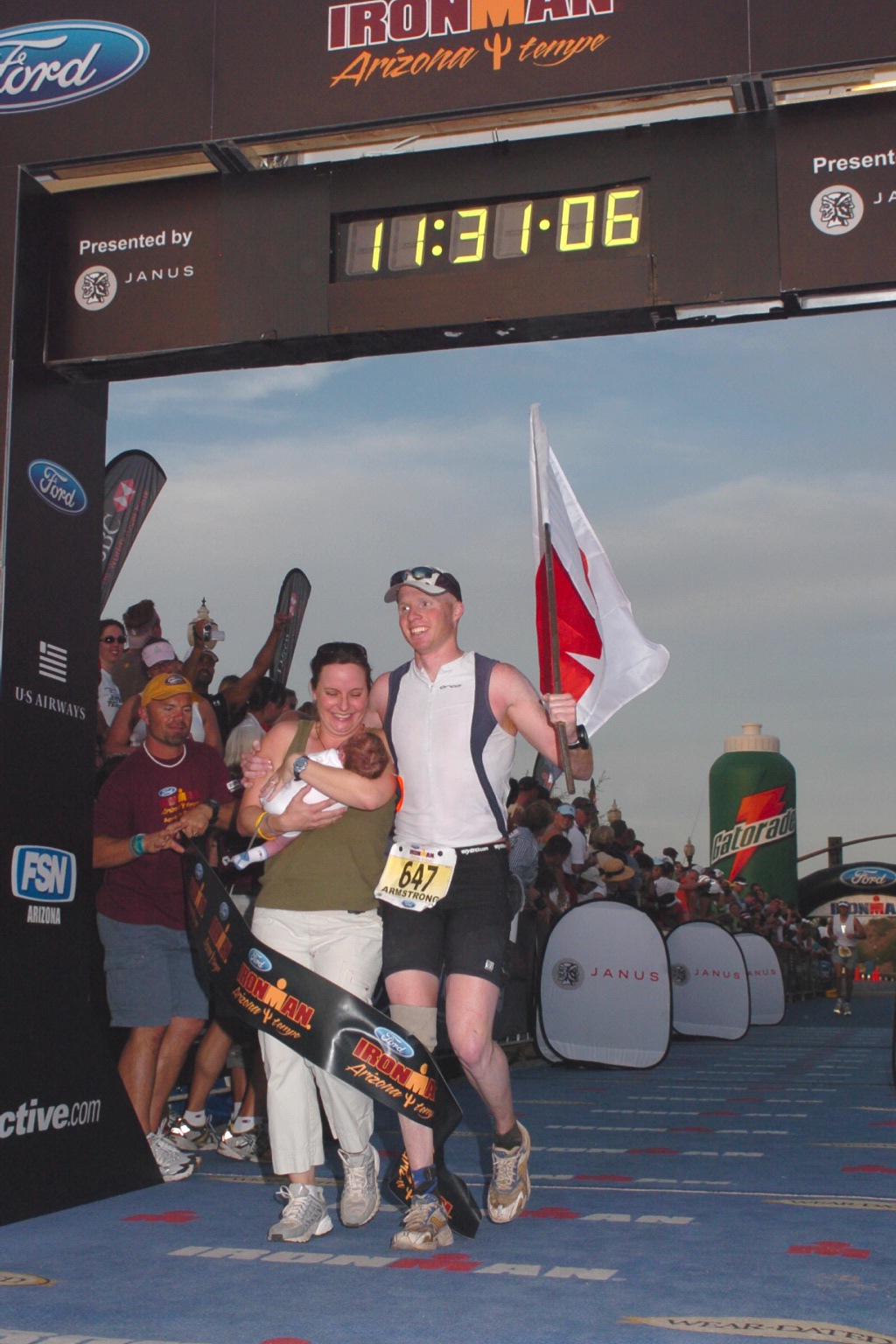
At the finish, my wife stepped on to the course and jogged to the finish line carrying our newborn son, Jalen. It was the happiest day of my life.
At the time, I thought I had reached some conclusion. But, in truth I had merely opened the door ultra-endurance. I was hooked on the idea of covering ridiculous distances in competition. I no longer thought anything was impossible. I had concrete proof that anything could be accomplished with self-discipline, proper training, and an open mind. The races were a celebration of life, an adventure into the unknown where you can hear and speak with your super-conscious. Through endurance racing, you exhaust the physical body and tap into the endless potential of your mental strength.
Over the next few years, I split my time between triathlon and ultrarunning. At times, I wasn’t sure whether I fully identified as either one. I happily settled for “endurance athlete” when referring to my endeavors. Looking back, I believe ultrarunning eventually stole my heart. Ultrarunning is pure. It brings us into nature where we truly belong.
Ironman racing was a crucial part of my development as an endurance athlete. I feel I am a better ultrarunner because of my triathlon experience. I also feel that competing in triathlon as an ultrarunner is complimentary as well. I wanted to share my thoughts on these two different types of endurance races, not from a jokingly “Ironman vs Ultrarunner” perspective, but from the training and mental aspect one would experience through participation in both.
In an effort to compare and contrast Ironman triathlon and ultramarathon, I reached out to the online community of endurance athletes. I wanted to include the thoughts and ideas of other endurance athletes who, like me, run ultras and Ironman races. The contributions below are from those interviews. These athletes are Ironman triathletes who also train and/or compete in ultramarathon. On the surface, how do these sports compare in difficulty? How does one split their time between them? What are the misunderstandings about Ironman or ultra? What can an athlete learn from participation in either sport?
Here is what they said…
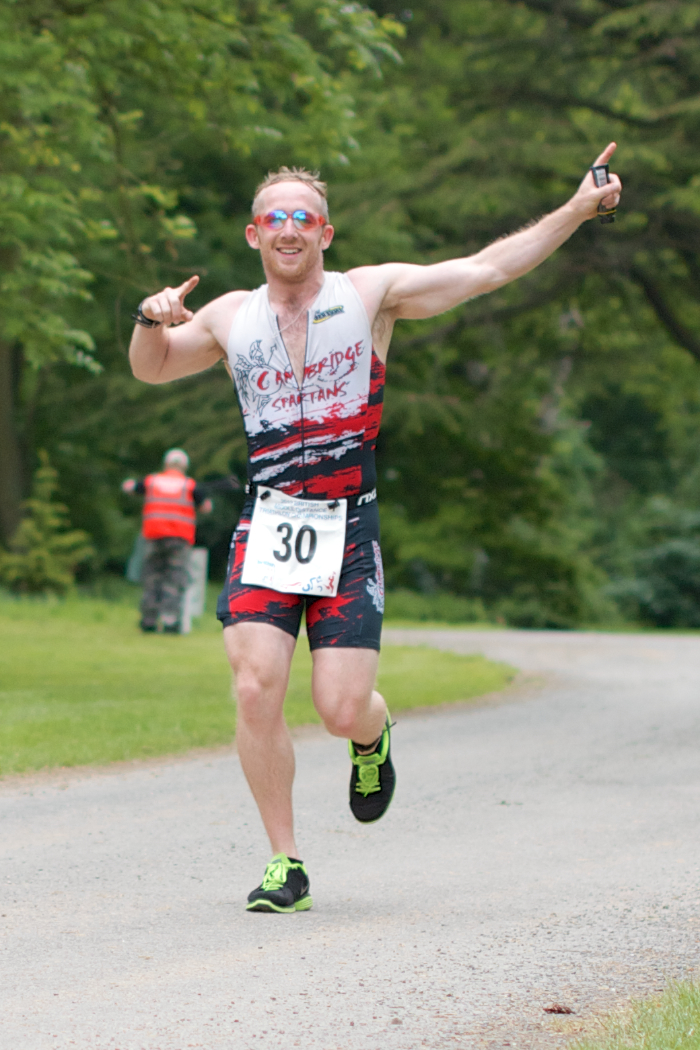
Ben Capper, Cambridge England, UK
3x Ironman, training for his first 100 miler
Self description: “Spartan, Crazy, Passionate.”
”I find the variety of Ironman training much better for the mind and the body. Less repetitive than just running lots of miles, but there is something very satisfying about just going out for a long run and not thinking about the technical elements you have to with swimming and cycling.”
“Just because you can exercise for 10 hours or more, changing from swim to bike to run, does not mean you can run for 10 hours straight.”
“I have found Ironman to be more complicated during preparation but easier on race day. Ultrarunning is easier in preparation but much more difficult on race day.”
“Even though Ironman requires the two extra disciplines of biking and swimming, I will always think/act like an ultrarunner. Plus, I would take a Leadville buckle over an Ironman medal any day.”

Mark Dodgson, United Kingdom, Wales
4x Ironman, 3 ultras
Self description: “Determined, Happy, Sociable.”
“The spirit of ultramarathons is still a free spirit. A pair of shorts and trainers is all that is required. Ironman tends to be more structured around technology and small gains. Although it is a single discipline, there are lots of ways in which to enjoy running mountains, trails, circuits, etc..”
“It’s more difficult to do one sport for a long time than three different ones. In triathlon, the swim is a warm up for the bike and the bike is a warm up for the run. In ultrarunning, you just run and run.”
“Ultrarunners are sometimes oblivious to the GEAR in triathlon. So much gear. Bike tires, bike shoes, tri bikes, and swim suits. Additional costs like bike tune-ups and bike transportation to the race venue (if racing out of state). There is so much gear and the cost adds up quickly.”
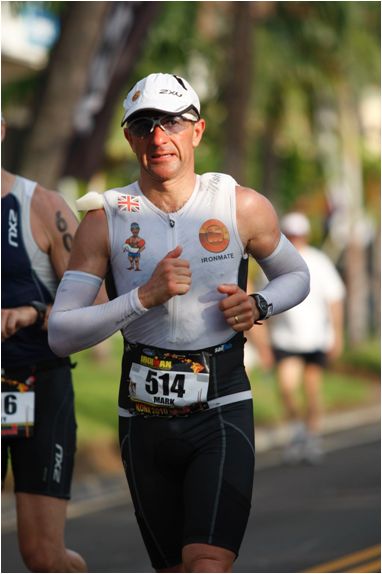
Mark Kleanthous
36x Ironman, 2x Double Ironman, 1x Triple Ironman, Multiple Ultras
Self description: “Determined, Tenacious, Experienced.”
“I consider myself an ultra distance endurance athlete having done 1,050 events worldwide of which 460 were triathlons.”
The differences between Ironman and ultra, in my opinion is, “Ironman is competitive. Few would stop to help you. There is more camaraderie with ultra-distance running, which is similar to double or triple Ironman events.”
The typical training week 3 months out from Ironman is “Swim 3-4 times per week for 1-1.5 hours, Run 3-4 times/week (8-10 miles on weekdays, 20 miles on weekends). Outdoor cycling 50 miles Saturday and 70 miles on Sunday. I also do indoor trainer on week nights and some core work.”
Advice to Ironman triathletes considering their first ultra?
“Absolutely do it! If you feel the post-Ironman blues and don’t feel you left everything on the course, do an ultra! You will get beyond Ironman pain and suffering to another level.”
“I think running in the mountains like in ultras can improve your run on flatter terrain such as the Ironman course. Since ultrarunners often run on fatigued legs (like double run days or back-to-back long runs) it can help you on your Ironman run because your legs are tired after the bike leg.”
“I think ultrarunners competing in their first Ironman will have no problems nutrition-wise. They’ve learned to listen to their bodies and they already have a nutrition plan for their own races, which can be applied to Ironman racing.”
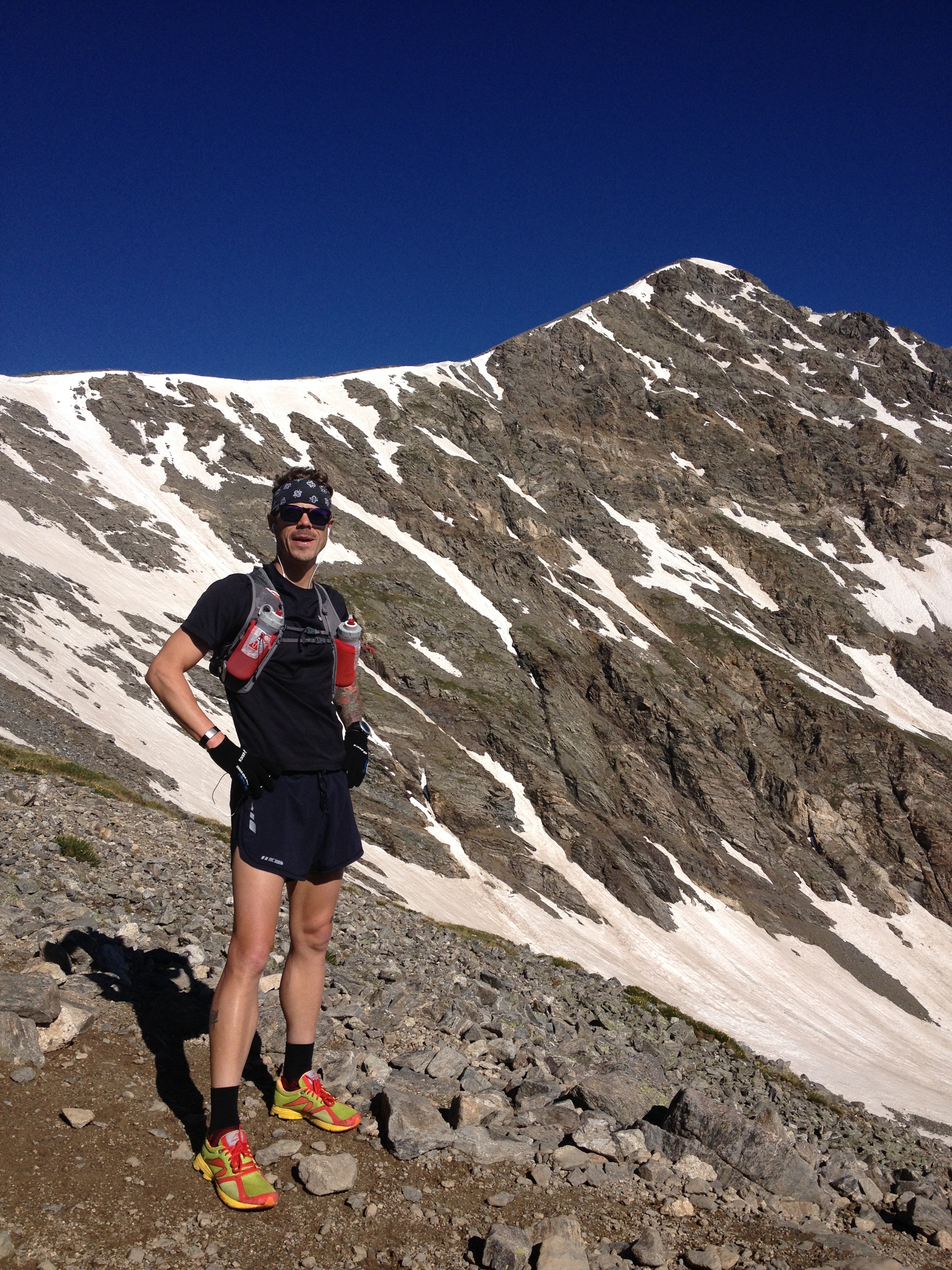
Josh Vaughn –Golden, Colorado
9x Ironman, 7x ultras
Self description: “Driven, Passionate, Inspired.”
“One of the refreshing and most enjoyable differences I find is the welcoming, humble, and less intimidating feeling you get with the ultra crowd. The people surrounding trail running seem a bit more relaxed and in it for more of the camaraderie and overall enjoyment. The simplicity of ultramarathons also appeals to me. They require less gear, less expense, and less dependency on anything other than your own body.”
“Remember why we do what we do. Get back to the basics, don’t over think it, and try to simplify the process. It is imperative to never lose the pure enjoyment of sport, as well as take time to marvel at what the human body and mind can accomplish.”
Thoughts:
I am inspired by those who chase the impossible. Those who charge into the unknown without concern of failure. This is where true freedom is experienced. Nothing is impossible.
Run long and prosper.

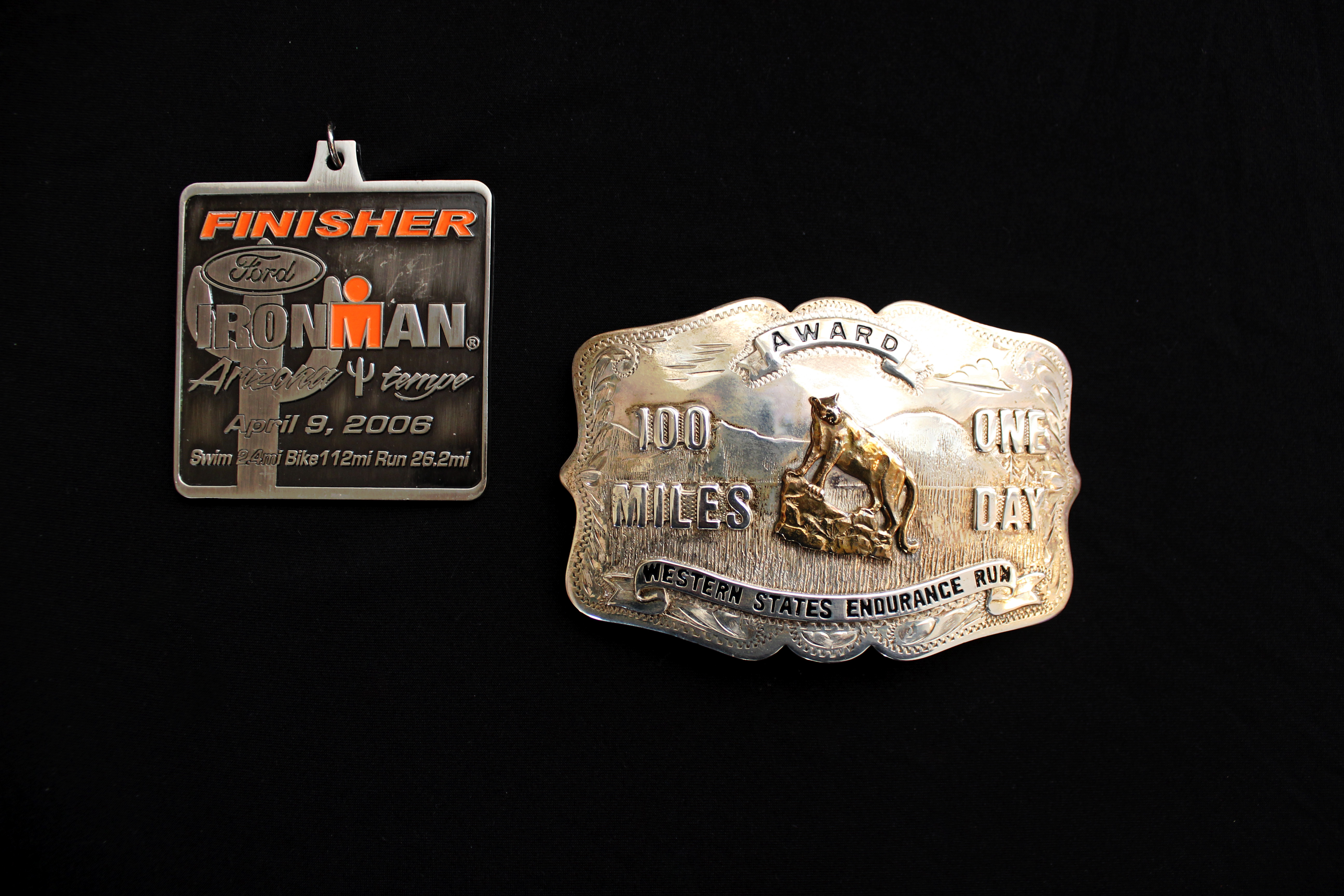
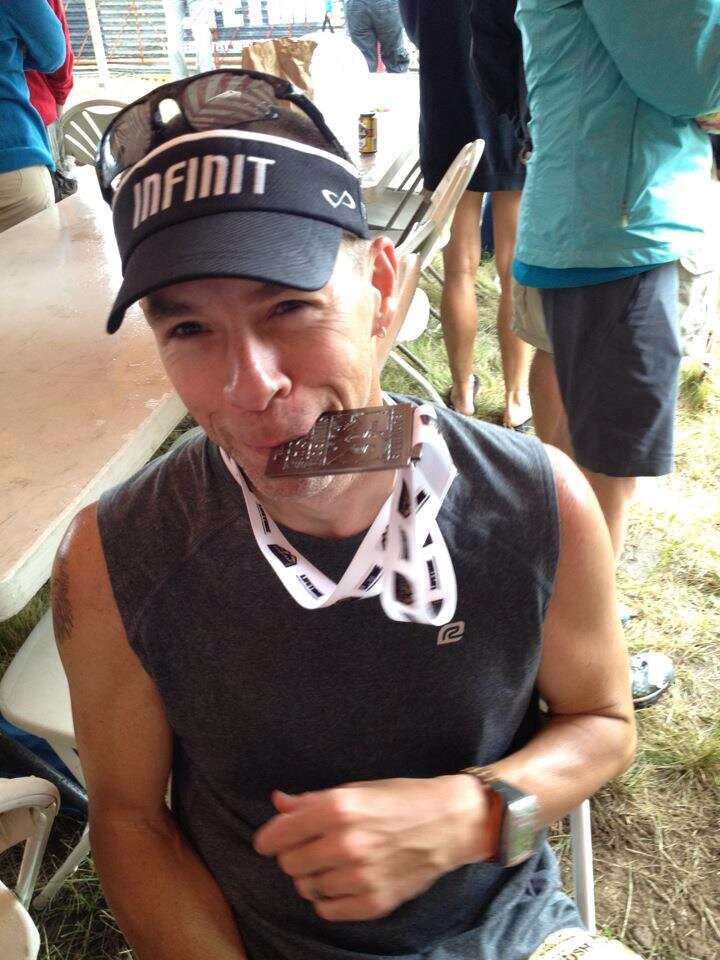

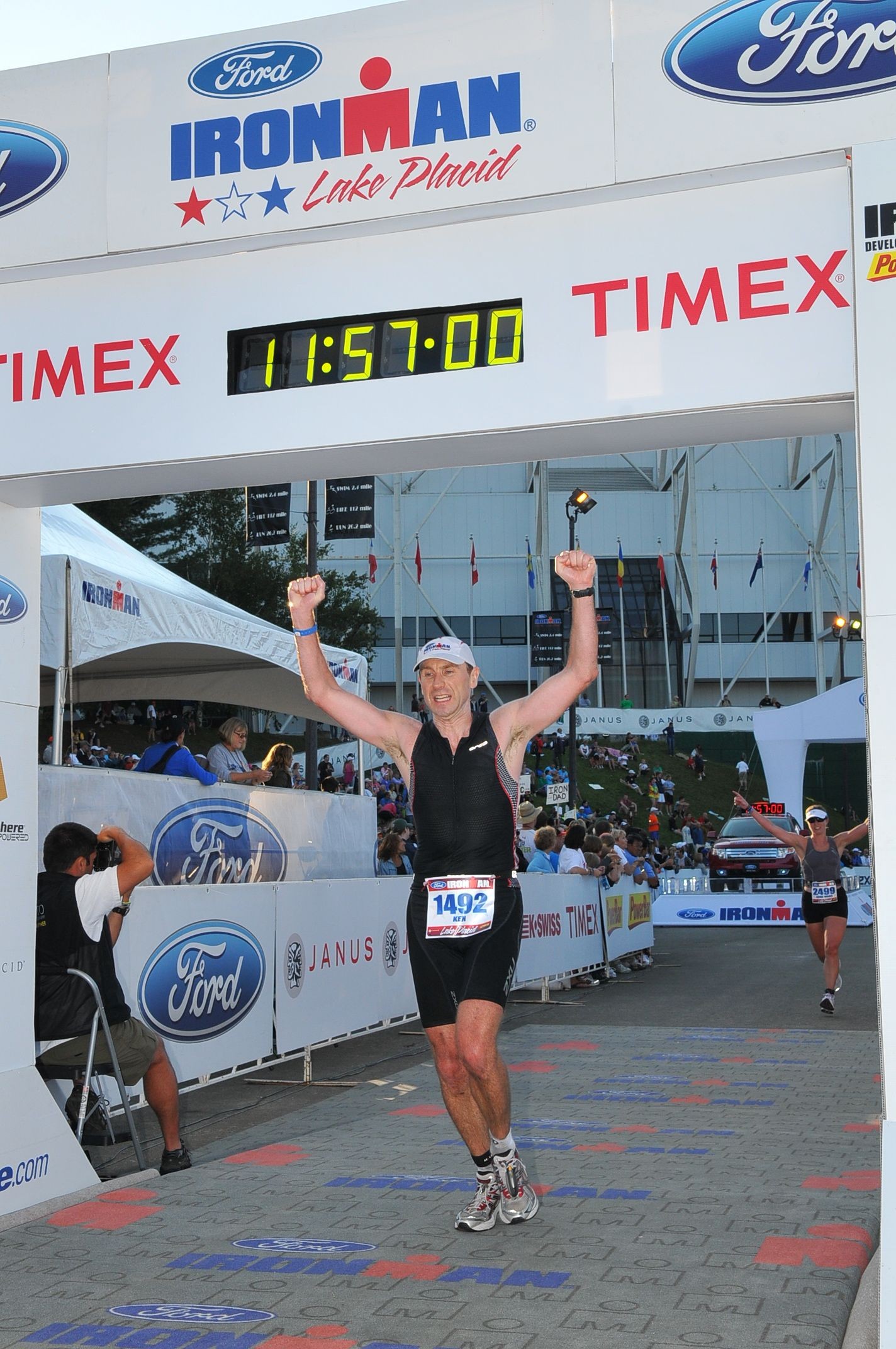

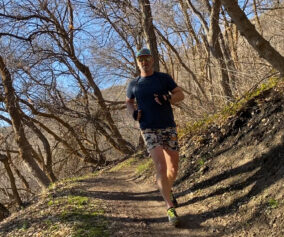
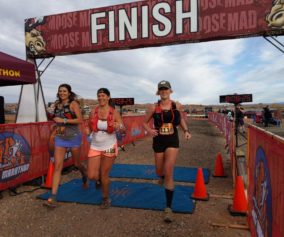
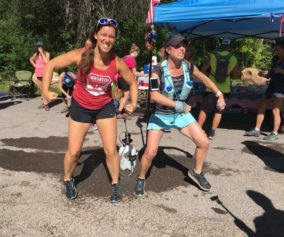

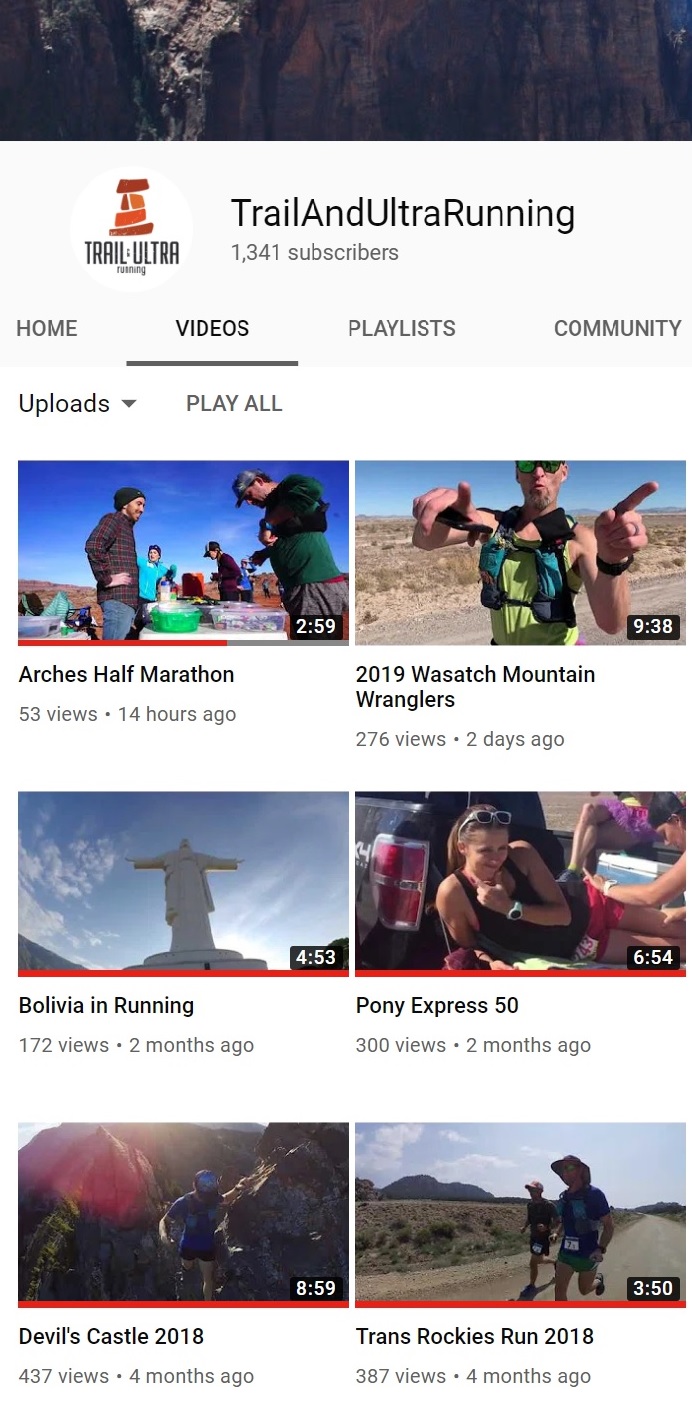









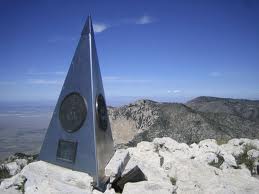


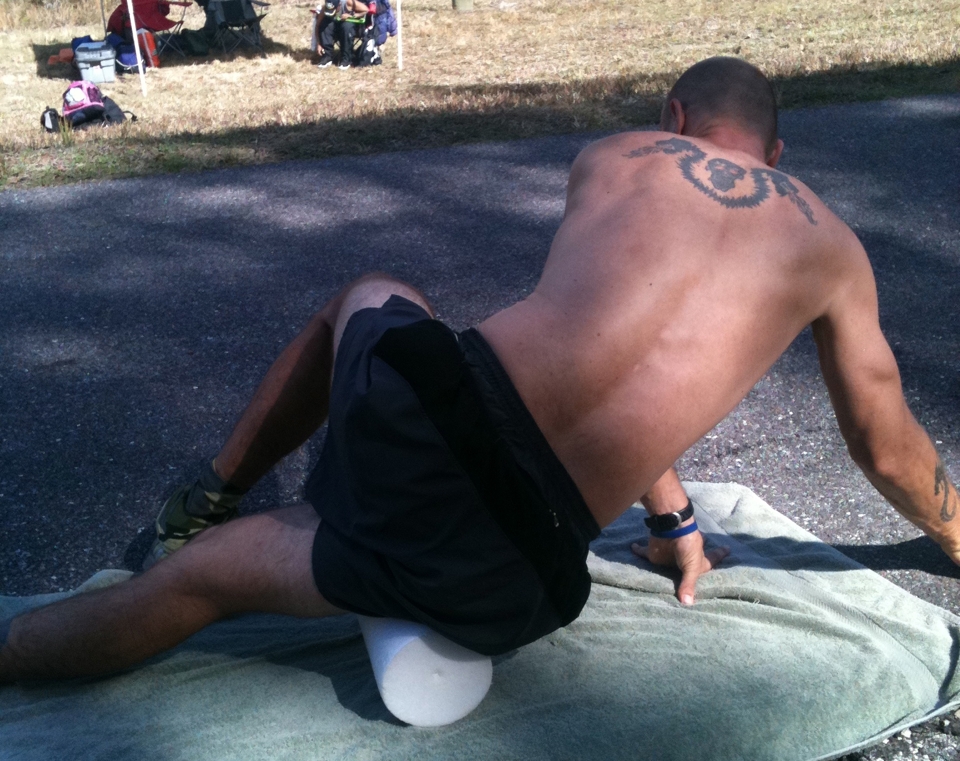
[…] Ironman vs. Ultramarathon (loved […]
[…] Barefoot vs shod, Old school vs new school, and the good ol’ ultrarunning vs Ironman. […]
[…] and Protestants, Bruins and Trojans, Runners and Cyclists…and ultrarunners and triathletes. Can’t forgetrunners vs […]
One of the best articles I’ve read comparing Ironman and Ultras without attacking each other, rather than complementing both sports. Great read!!! I’l read again in few months.